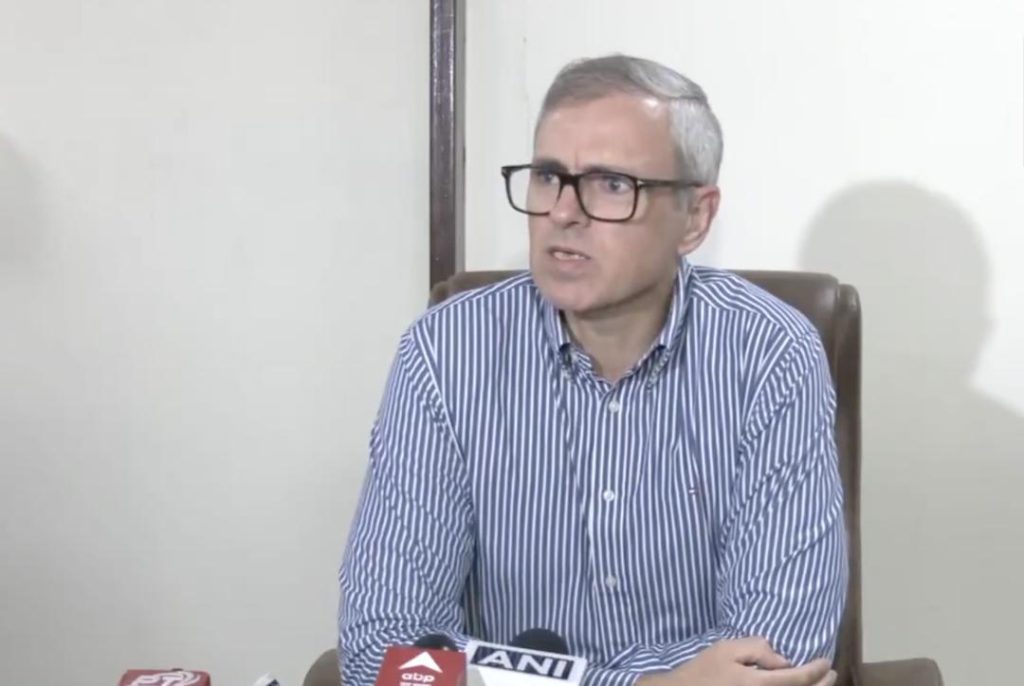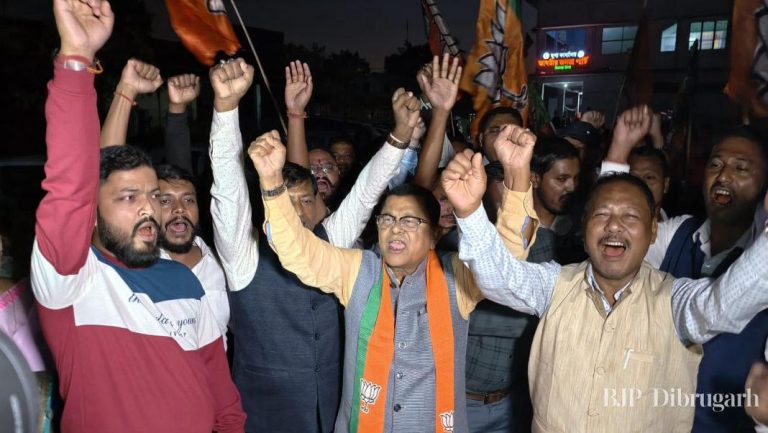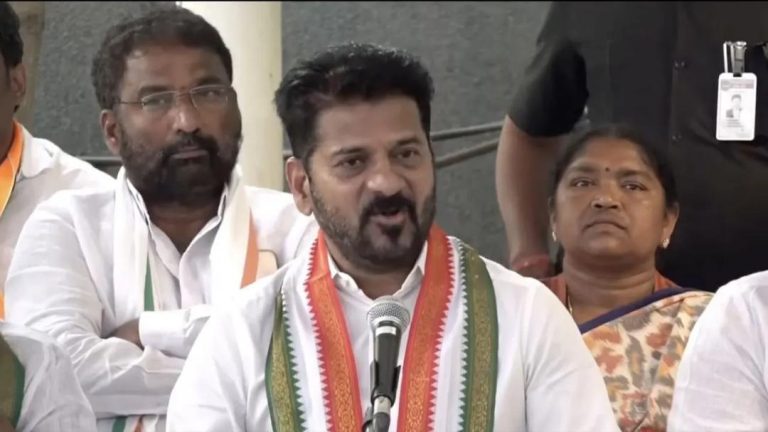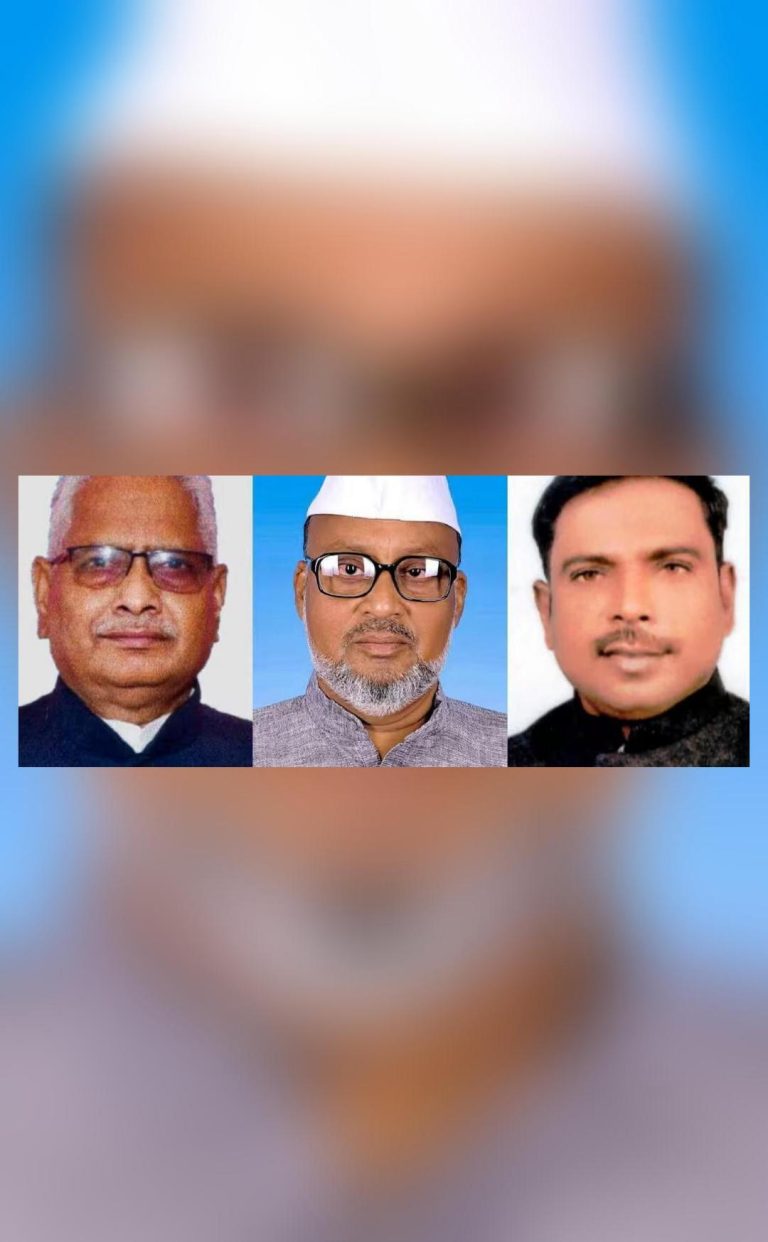
Why Should I Send Water to Punjab?: J&K CM on Canal Proposal
In a recent statement, Jammu and Kashmir Chief Minister Omar Abdullah has sparked a controversy by questioning the proposal to redirect surplus water from three western rivers of the Indus system in J&K to Punjab, Haryana, and Rajasthan. The 113 km-long canal, which has been proposed by the Centre, has been met with skepticism by Abdullah, who has raised several questions about the feasibility and justice of the project.
According to reports, the canal is aimed at providing water to the parched regions of Punjab, Haryana, and Rajasthan, which are facing severe water shortages due to drought and high demand. However, Abdullah has taken a strong stance against the proposal, stating that he does not see why J&K should be expected to send water to Punjab when the latter already has a significant amount of water under the Indus Waters Treaty.
” Why should I send water to Punjab?” Abdullah asked in an interview. “Punjab already had water under the Indus Waters Treaty. Did they give us water when we needed it?” His statement has sparked a heated debate, with many questioning the fairness and logic of the proposal.
The Indus Waters Treaty, signed in 1960, is an international agreement between India and Pakistan that governs the sharing of the waters of the Indus River and its tributaries. The treaty was signed to resolve water sharing disputes between the two countries and has been in place for over five decades.
Abdullah’s statement has been seen as a reflection of the deep-seated resentment among Kashmiris towards Punjab, which they perceive as having been favored by the Centre in terms of water allocation. Kashmiris have long felt that they have been deprived of their share of water resources, particularly during the 200-year-long British colonial period.
In recent years, the issue of water sharing has become increasingly contentious, with Kashmiris demanding a greater share of the water resources. The construction of the canal, which would divert water from the Chenab, Ravi, and Beas rivers, has been seen as a move to further undermine J&K’s already limited water resources.
Abdullah’s critics have accused him of being short-sighted and failing to consider the larger interests of the country. They argue that the canal project is essential to address the water scarcity in Punjab, Haryana, and Rajasthan, which is affecting the livelihoods of millions of people.
However, Abdullah’s supporters have rallied behind him, citing the historical and political context of the issue. They argue that Kashmir has been exploited and marginalized for too long, and that the Centre has a responsibility to ensure that the state’s water resources are protected and utilized fairly.
The controversy has also led to a fresh wave of tensions between the Centre and the J&K government, with the latter accusing the former of ignoring its concerns and interests. The Centre has maintained that the canal project is necessary to address the water crisis in the neighboring states and has offered to provide J&K with a share of the water.
The debate over the canal proposal has highlighted the deep-seated mistrust and rivalry between J&K and Punjab, which dates back to the British colonial period. The two regions have historically been at odds over a range of issues, including water resources, land ownership, and political power.
In recent years, the situation has become increasingly volatile, with protests and demonstrations becoming a regular feature in both regions. The controversy over the canal proposal has the potential to escalate tensions further, with both sides digging in their heels and refusing to compromise.
As the debate rages on, one thing is clear: the issue of water sharing is a highly charged and emotive one, with far-reaching implications for the livelihoods and identities of millions of people. The Centre and the J&K government must work together to find a solution that is equitable, sustainable, and just for all parties involved.






